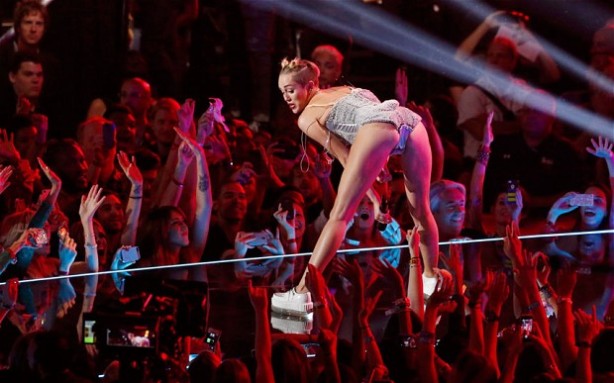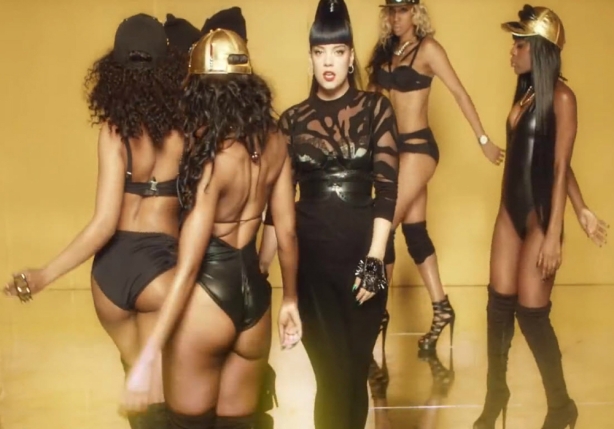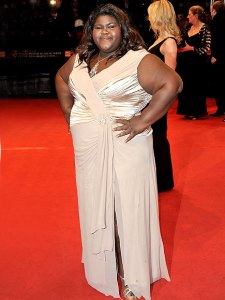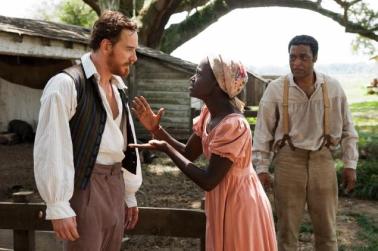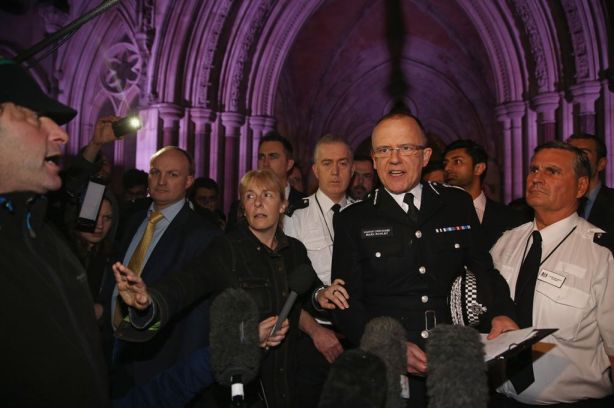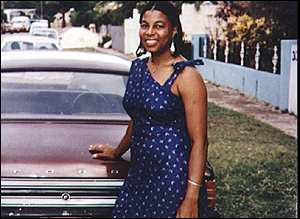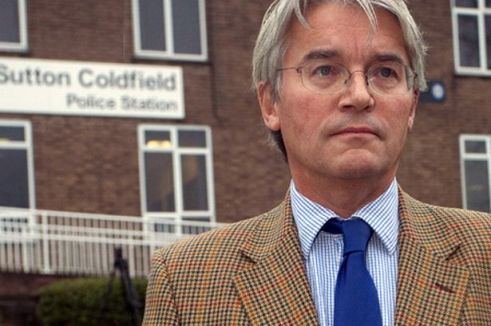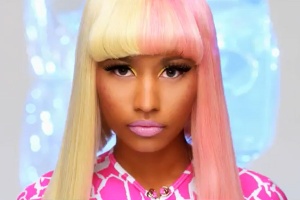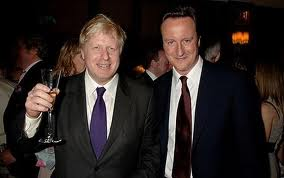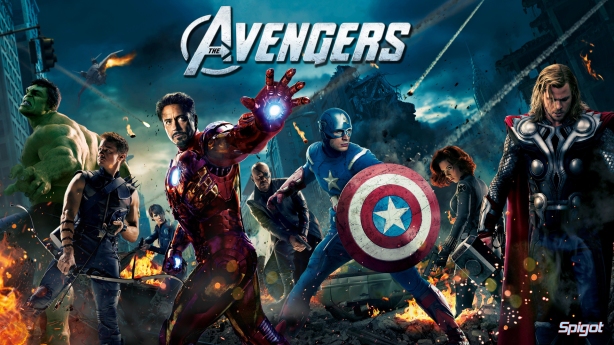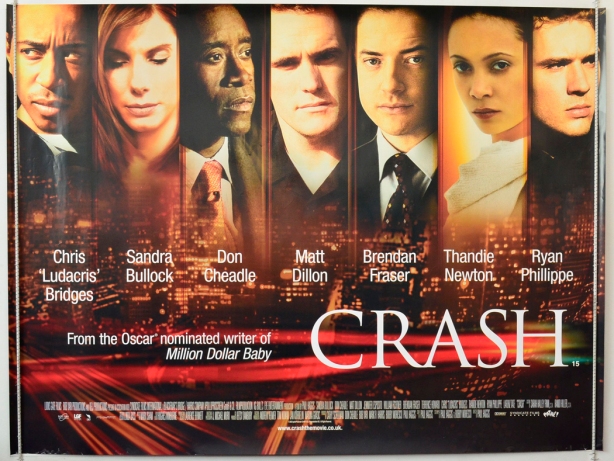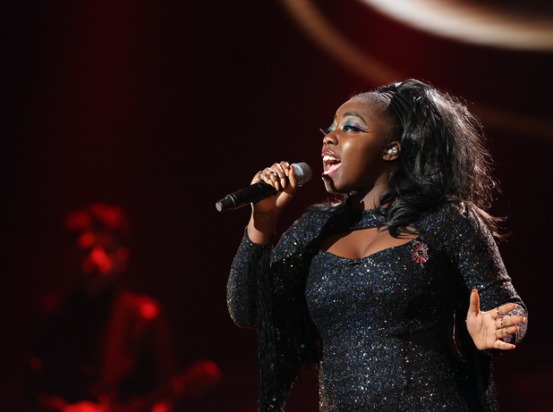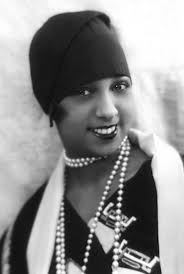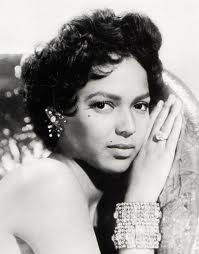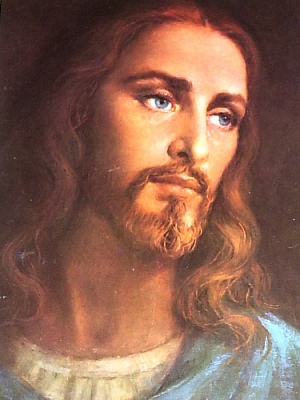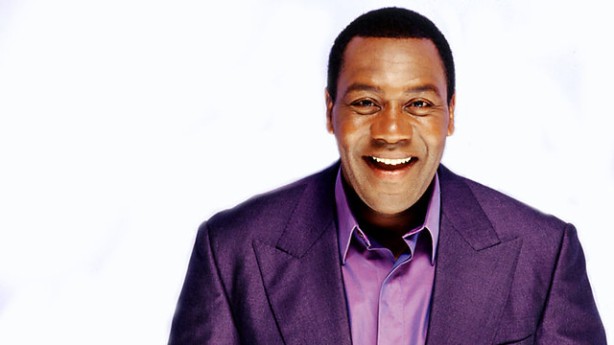Question. What do US president elect Donald Trump, Olympic swimmer Ryan Lochte, and British banker turned serial killer Rurik Jutting all have in common? Answer – their behaviour was enabled by their White Male Privilege.
WMP, as I shall refer to it from here on, is a security-blanket that is the constant companion to the male children born of rich white parents. Along with the silver spoon, their WMP comes with a built in sense of entitlement, that allows those who enjoy its warmth to feel that the world belongs to them, and that other more lowly groups, such as women, people of colour and even poor whites, are put on this earth to serve them. Infact more than a security blanket, it is more like Harry Potter’s Invisibility cloak, or Captain America’s shield, giving them super-powers that puts them above the laws that the lower orders must abide by.

It is people like this that make up much of the western world’s ruling class, for they are groomed to rule from youth, for it is their divine right. But never suggest to them that their great wealth, status and power are not well deserved, or they will tell you how hard they have worked to get where they are. Their inherited wealth and the crucial role played by the fact that their parents could afford to send them to the best schools, which led naturally onto the best universities, and those family contacts which led to those great job openings, are all details that escape them, since they are convinced that they got where they are through their hard work and determination.
It is this self-delusion that allows them to apply for jobs for which they are neither suited nor qualified, but the delusion is reinforced when their application is successful, because the person doing the hiring is often another white man just like them.
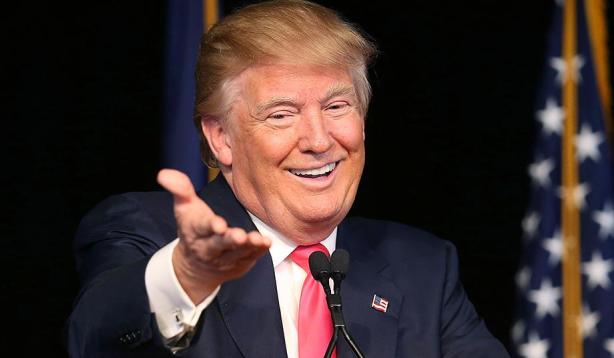
Sounds very much like Donald Trump doesn’t it? But Trump he is only the latest and most high profile example of the type. There are many, more sophisticated and better mannered examples in board rooms and cabinet rooms all over the world. Think of the 43rd US President George W Bush, another man of limited intellect who became the leader of the free world, purely through his family connections and some folksy charm. Younger brother Jeb Bush might have followed him into the White House too, were he not stopped by someone with even more wealth? But it’s not enough to be rich and white, you must also be male. Female darling of the Tea Party Sarah Palin was never taken seriously even as a VP, and Hillary Clinton being the most qualified person to ever run for the office was still no match for the power of WMP. It’s as if you’re a white middle-class man it is presumed that you are capable. But if you are a woman or a person of colour, it is assumed that you are not. Hell, not only did Obama have to prove that he was up to the job, he had to prove he was eligible to apply!
But many beneficiaries of WMP exist outside of politics. Former host of Top Gear Jeremy Clarkson has a sense of entitlement, and an arrogance that allows him to travel the world, insulting other cultures and back at home, to verbally and physically assault subordinate colleagues when a hot meal does not come quickly enough.
We saw another example of this type’s readiness to disrespect other countries this summer with US swimmer Ryan Lochte.

Lochte won a gold medal at the 2016 Rio Olympics, but he gained much more attention for what happened out of the pool. Lochte claimed he and his swimming teammates were robbed at gun point early in the morning of August 14 in Rio.
In Lochte’s original account, which he gave in a television interview with NBC, he said the taxi they were in had been stopped by armed men he believed were police officers, one of whom held a gun to his head before taking cash from his wallet.
But the Brazilian authorities opened their own investigation and found that things transpired rather differently. They said that no robbery had occurred and the swimmers had destroyed a petrol station bathroom and urinated in public. They also said that while the security guards were armed, they stopped the swimmers from leaving only so they would pay the station manager for the damage done to the property, and recommended that Lochte be charged with falsely reporting a crime. By that time though Lochte was out of the country, back in the safety of the good old USA.
Young men around the world, go out, get drunk and do stupid things. But they rarely make up such elaborate stories to cover their tracks, nearly causing an international incident in the process. What made Lochte tell such lies and think he could get away with it? White male privilege.
For isn’t that the kind of thing that members of the notorious Bullingdon club also used to do? Go out for drunken meals, trash the restaurant and then pay for the damage with their family money?
Incidently, do you know who Lochte gave his interview on NBC to? Billy Bush, cousin of former US president George W.

Billy Bush was also the TV host who was with Donald Trump when he made those ‘hot mic’ comments about how he likes to force his attentions on women. The leaked audio was recorded during an interview with Bush when he was then host of Access Hollywood in 2005.
“When you’re a star they let you do it,” Trump says in the recording. “You can do anything.”
“Whatever you want,” Bush replies.
“Grab them by the pussy,” Trump replies. “You can do anything.”
There are many other such examples, like former head of the IMF Dominique Strauss-Kahn, who like Trump who seemed to think that women are put on this earth purely for his delectation.
Recently this predilection took a very macabre turn in the shape of Rurik Jutting.

The British investment banker was recently found guilty and sentenced to life in prison for murdering two Indonesian women in Hong Kong, in a story scarily similar to the plot of the movie American Psycho staring Christian Bale.
In late October 2014, he tortured and killed Sumarti Ningsih, 23, and Seneng Mujiasih, 26, before calling the police to let them know what he had done.
Jutting was born in London in 1985. His first name Rurik was chosen by his mother, and literally translates as “great one” – it was an imperial dynasty in Russia.
He described himself as an ambitious boy who had a happy childhood. But even from a young age, Jutting displayed feelings of superiority and entitlement. He was admitted to the prestigious private Winchester College in his early teens but was disappointed that he ranked sixth in the scholarship selection, rather than first.
He was admitted to Cambridge University to study history and law at Peterhouse college. Jutting gained first class honours in his history degree but was disappointed to receive a 2:1 in law, and challenged the examiner’s approach. The inability to accept criticism, psychiatrists said, was another sign of his narcissistic personality traits.
On graduation, Jutting worked at Barclays bank, before being head-hunted by Bank of America Merrill Lynch. His role involved developing complex tax products and, within a few years, his salary had risen to £270,000 ($334,705) per year.
On 25 October 2014 Jutting took Ms Ningsih to his flat, after offering to pay her for sex. He then held her captive, and tortured her using pliers, his belt, sex toys and his hands. He killed her on the third day, after he made her kneel in front of the toilet bowl, with her hands tied behind her back, and lick the bowl. He then cut her throat.
This is the most extreme example of where the WMP mind-state (when combined with drink, drugs, great wealth and a personality disorder) can take them. Many had hoped that with the advancement of women and people of colour into more positions of power this century, the dominance and the wildest excesses of the WMPs were behind us. But as so many examples from 2016 have shown us, white male privilege is still very much alive and well.



 down to benefit all in the country. The protesters were angry that the government had spent $12 billion dollars on building new football stadiums to meet the standards of FIFA, whilst neglecting the country’s schools and hospitals. But from what I could see from the TV reports, the majority of those street protesters were the country’s middle class whites, the poor Blacks presumably being too busy dodging the bullets and bulldozers that were enforcing the government’s
down to benefit all in the country. The protesters were angry that the government had spent $12 billion dollars on building new football stadiums to meet the standards of FIFA, whilst neglecting the country’s schools and hospitals. But from what I could see from the TV reports, the majority of those street protesters were the country’s middle class whites, the poor Blacks presumably being too busy dodging the bullets and bulldozers that were enforcing the government’s 


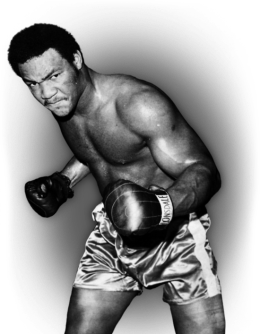
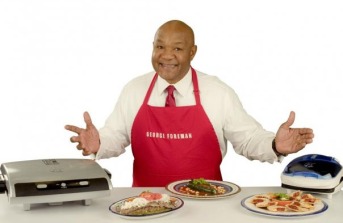



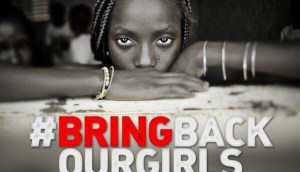 As the attacks from the scourge known as Boko Haram continues to get bloodier and more…
As the attacks from the scourge known as Boko Haram continues to get bloodier and more…
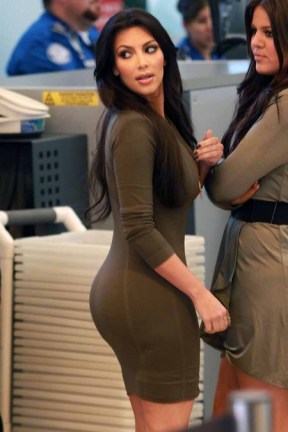

 There was a time when white women would sheepishly cover their backsides with long shirts or jumpers tied around the waist. Not any more. Now they display them proudly for all to see, sometimes even encasing them in figure-hugging lycra for greater effect.
There was a time when white women would sheepishly cover their backsides with long shirts or jumpers tied around the waist. Not any more. Now they display them proudly for all to see, sometimes even encasing them in figure-hugging lycra for greater effect.